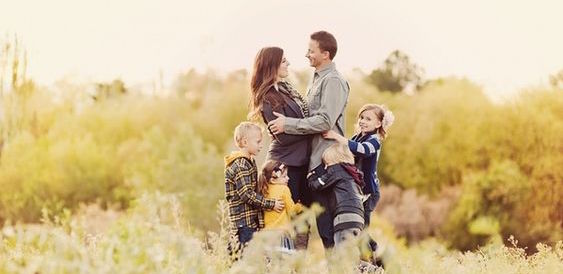Two weeks before I started my Freshman year of high school, I awoke from a summery slumber to my dog’s incessant barking. I knew something was wrong, because she is not known to cause such a ruckus. So, I got out of bed and walked over to the top of the stairs to see what her barking was all about. To my absolute astonishment, I saw billowing smoke and gigantic flames. My house was on fire, and I was home alone and on the second floor. I swear I saw my life flash before my eyes when I realized that I may not make it out alive. I grabbed sweet Penny (our mini longhair dachshund), headed down the stairs and around to the back of the house with the seeping flames mere inches away from us. We made it out. I stood in the driveway in utter shock, unsure of what to do. Luckily, our neighbor across the street ran out and called me over to safety in their front yard. I stood there, while holding Penny, watching our house burn to the ground. Within a few minutes, my mom and brother arrived home from a doctor appointment. It took us a few moments before we could get my mom’s attention to let her know that I was safe across the way. I can’t fathom the fear in her heart at that moment. After learning the news, my dad immediately raced home from work. I will never know how much his heart sank that day.
This was the start of a long road for us. A new reality. A forming moment in all of our lives. I cannot begin to fathom what my parents were thinking at that point since I was only a fourteen year old at the time. However, I can fully attest to how I navigated through this trauma with much hope and focus.
We will all go through difficult times in life and each one of our situations will be different. Being a teenager can be tough sometimes, but there are ways of not only coping, but thriving through these challenging moments.
If you (or someone you know) are experiencing a hard time in life right now, the following three points below can help you to navigate through it. They can help you through wherever you are in the process of coping, healing and ultimately growing.
-
Focus on the Positive
No matter what obstacles you are facing, there is always, always, always something positive that you can focus on. This may seem difficult at first, especially when it feels like your world is crumbling around you. However, it is possible! Go back to the basics! Focusing on the positive, leads to gratitude. Gratitude cheers up the heart and sheds a new positive light on your situation. Think about the simple things such as sun shining, the roof over your head, or the good people that surround you.
During that traumatic experience, I was grateful to be alive after the fire and with my entire family. Yes, I lost my home and personal belongings, but I still had what was most important in my life!
If your heart is still feeling too heavy from your situation, and you cannot find anything positive, turn to the Lord. You have Him and His hope, mercy and redeeming love that He never ceases to provides. Allow your heart to rest in that. “Persevere in prayer, watching in it with thanksgiving.” Colossians 4:2
-
Stay focused on a Goal for the Future
As you begin healing from your experience, you must keep moving forward. Set an ambitious and positive yet attainable goal for yourself. Throughout your journey, you’ll gain a sense of accomplishment, confidence, and purpose by continually pushing onward in a positive direction lead by something you’re working towards.
As the effects of my trauma trickled into many areas of my life, throughout most of my high school years as a teen, I focused on attaining good grades so that I could get into a great college. This positive life goal encouraged me to avoid the temptations of anything and anyone that would hinder my success. In fact, it gave me the extra push to persevere through the times when I felt that giving up would have been easier.
-
Allow Yourself to Grow
These trying experiences offer abundant opportunities for us to grow! When you lean into your faith and rely on the Lord through it all, you are bound to grow. It is normal to go through the motions when you experience a hard moment in your life, but you must keep moving forward. When we apply all that we have learned from these moments to our life journey, we begin to grow.
Take what you’ve experienced and apply it to your life positively. When your friends or neighbors are going through a rough time, approach them in a way that is tender and empathetic. Help those in need with a heart that understands what they are going through. Use this opportunity to better focus on where God is calling you in this life. When we turn the bad into good and make the best of a situation, our lives will begin to have a deeper meaning. We begin to see where our vocation lies. If you are not at that point yet, know that you will be.
“So then, just as you received Christ Jesus as Lord, continue to live your lives in Him, rooted and built up in Him, strengthened in the faith as you were taught, and overflowing with thankfulness.” Colossians 2:6-7
Nicole Schradieck is a 27 year old designer, blogger and most happily — wife. She lives in a tiny little town in rural New Hampshire with her husband and rescue pup, Conway. Happiest at home and a true old soul, she loves interior decorating, spending time with family and a night in playing cards and listening to music on vinyl. Follow along with Nicole’s everyday via her blog at www.thecommondayblog.com and on Instagram @nicolelynnschradieck.










